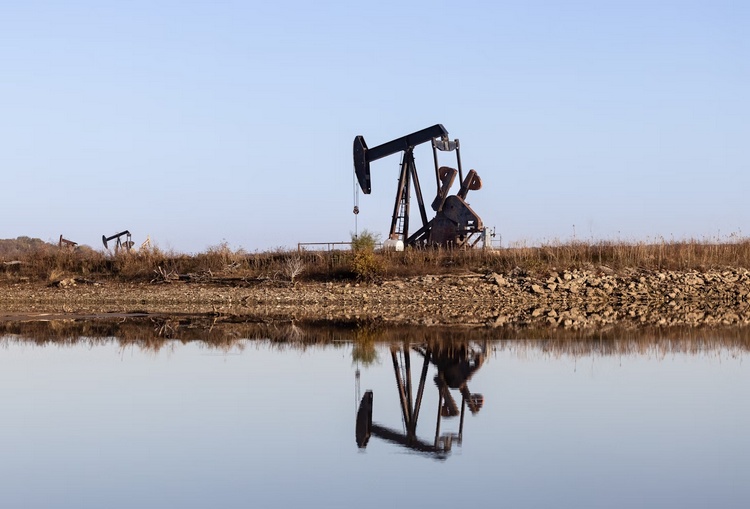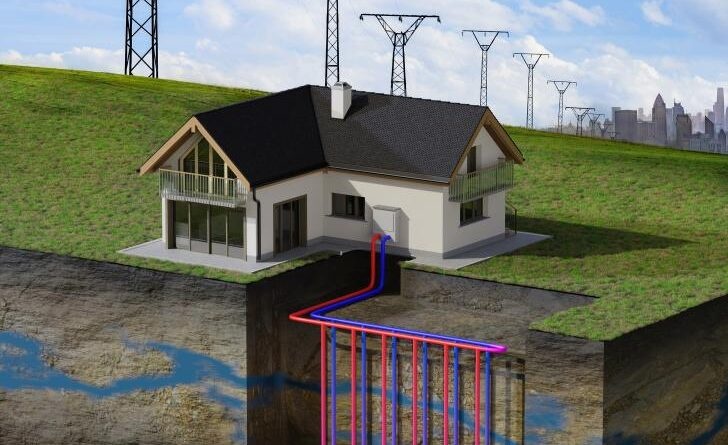February 19 NEC Energy News
¶ “Please Don’t Store Nuclear Waste In Our Precious Oil Field, Says Fossil Fuel Industry” • A Wall Street Journal story covered a plan to store nuclear waste in the most active US oil field. It was a fascinating collision between fossil and post-fossil energy that underscores a truth at the heart of the nuclear debate: nobody wants it in their backyard. [Futurism]

¶ “Tackling Climate Change: Understanding How Soil Traps Carbon” • A new finding explains how soil sequesters plant-based carbon from the atmosphere. The outcome may promote ideas to help tackle climate change, including strategies to prevent carbon release. With 2,500 billion tons of carbon, soil is one of Earth’s largest carbon sinks. [Digital Journal]
¶ “The Texas Solar Energy Revolution Is Going Global” • The solar industry of Texas is in a weird situation politically, but that doesn’t seem to stop investors who want to pump money into the state’s economy. The latest news shows how manufacturers in other states and countries can base their clean power profiles on Texas renewable energy projects. [CleanTechnica]
¶ “New Study Projects Geothermal Heat Pumps’ Impact On Carbon Emissions And Electrical Grid by 2050” • Modeling analysis led by the DOE’s Oak Ridge National Laboratory gives the first detailed look at how geothermal energy can relieve the electric power system and reduce carbon emissions if widely implemented across the US. [CleanTechnica]

¶ “’Zombie Fires’ Burning At An Alarming Rate In Canada” • In the dead of Canada’s winter, the embers of last year’s record wildfire season still remain. So-called zombie fires are burning under thick layers of snow at an unprecedented rate, raising fears about what the coming summer may bring. Their smoke can be seen rising, and it can be smelled. [BBC]
¶ “Greece Set to Become Major Energy Exporter to Europe” • Greece could generate billions of euros of yearly income for its economy by developing an electricity connection to central Europe and exporting the country’s vast potential in renewable energy to consumers in Germany and elsewhere, according to a recent study. [GreekReporter.com]
For more news, please visit geoharvey – Daily News about Energy and Climate Change.
